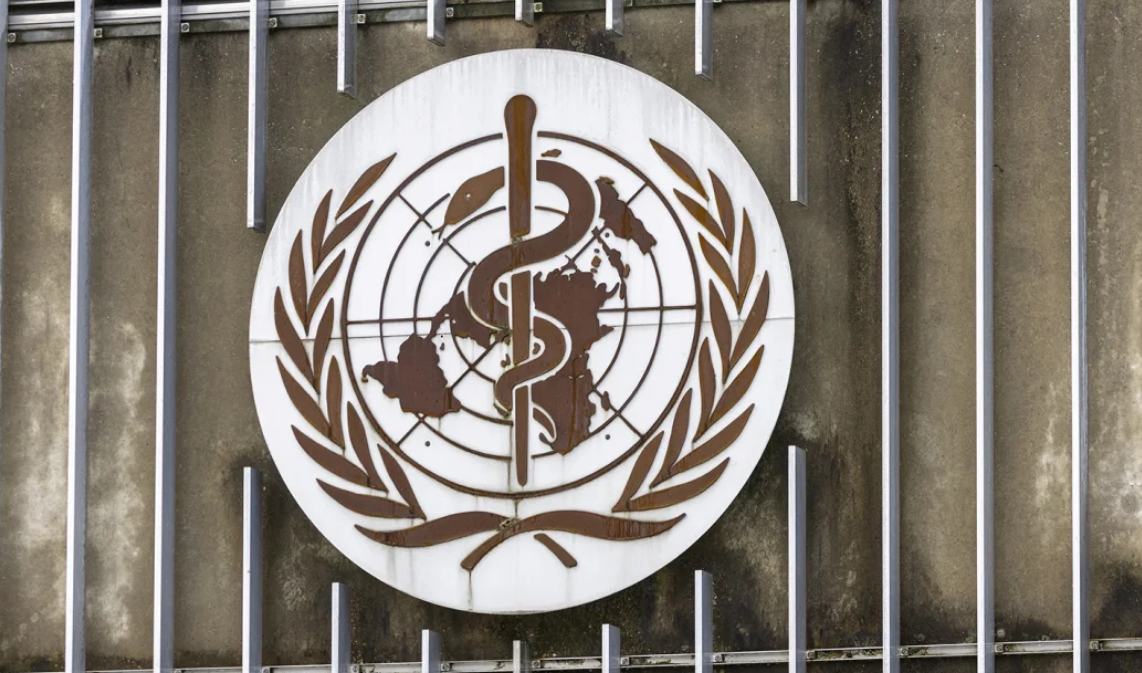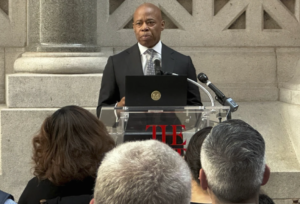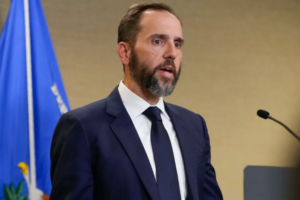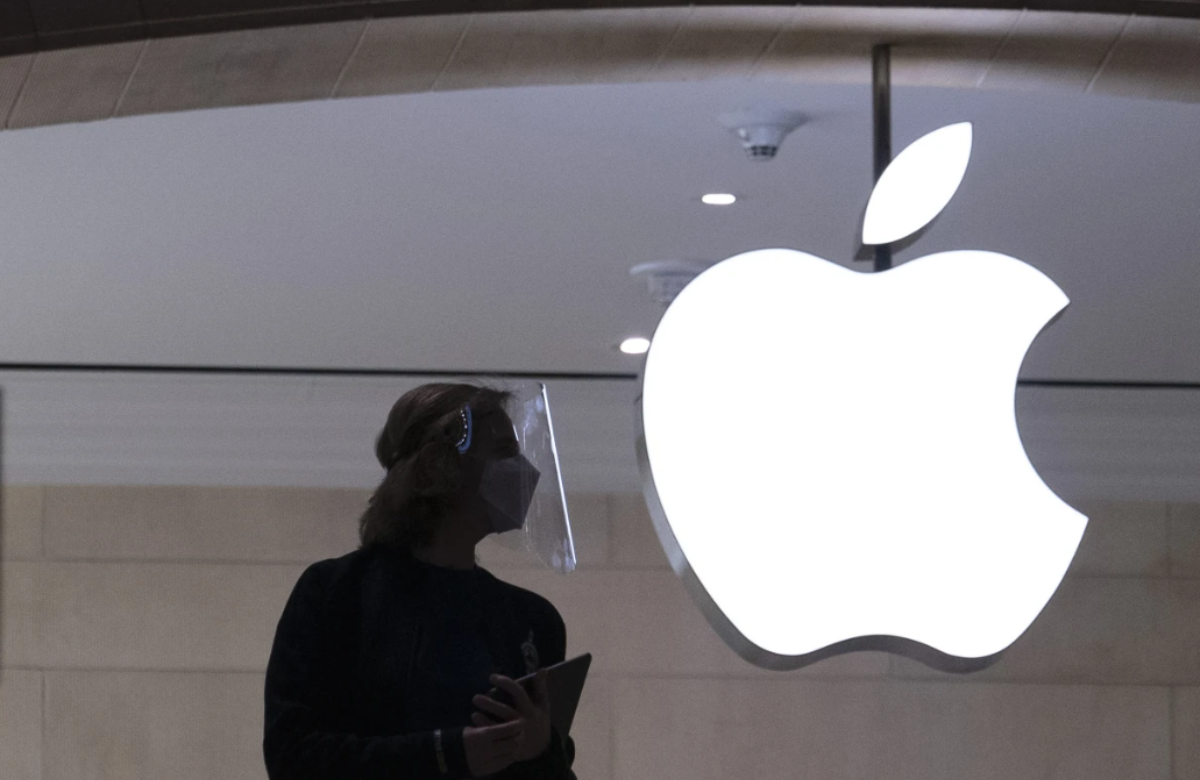President Donald Trump announced on Monday that the United States is withdrawing from the World Health Organization (WHO), marking a major shift in US foreign policy. This decision was met with criticism from public health experts, especially as it coincided with Trump’s return to the White House.
Trump has long criticized the United Nations’ health agency, and his administration began the formal process of withdrawing from the WHO in July 2020 as the Covid-19 pandemic escalated. However, when Joe Biden assumed the presidency, he reversed the decision and halted the US’s departure from the organization, which plays a critical role in coordinating global health responses.
In the executive order issued on Monday, Trump cited several reasons for the withdrawal, including the WHO’s mishandling of the COVID-19 pandemic, which originated in Wuhan, China, its failure to implement necessary reforms, and its inability to remain independent from the political influence of its member states.
Trump also expressed concerns about the US contributing disproportionately to the WHO’s budget compared to other countries. He continued to accuse the organization of being complicit in China’s alleged efforts to conceal the origins of the virus and its role in allowing the pandemic to spread globally.
In 2020, lawmakers from both major political parties had criticized the World Health Organization (WHO) when President Trump first announced his decision to withdraw. However, many condemned the timing of his decision to pull out during a global pandemic. Nancy Pelosi, the then-House Speaker, called it “an act of true senselessness,” while retired Republican Senator Lamar Alexander, who was the chairman of the Senate Health, Education, Labor and Pensions Committee at the time, expressed his disagreement with the decision.
Dr. Ashish Jha, who served as the White House Covid-19 response coordinator during the Biden administration, called Trump’s decision to withdraw from the WHO in his second term a “strategic error.”
“WHO is a pretty essential organization — and with America’s withdrawal, it creates a political vacuum that only one country can fill — and that is China,” Jha remarked in an interview. He predicted that China would step in to fill the gap left by the US, which could increase China’s political influence globally.
Lawrence Gostin, a professor of public health law at Georgetown University, described Trump’s withdrawal from the WHO as “the most momentous of all” of his executive actions on Monday. He stated that the decision is “cataclysmic,” calling it a serious blow to global health and even more detrimental to the US.
Jha also pointed out that leaving the WHO weakens the organization, particularly because the US provides significant expertise, such as in tracking global influenza.
Trump’s executive order directs the Secretary of State and the Director of the Office of Management and Budget to pause any future US government funding, support, or resources for the WHO. However, the withdrawal process will take one year, and the US is obligated to continue funding the organization during this period.
Jha questioned whether Trump would abide by the legal obligations, asking, “Who’s going to enforce the obligation? Is Donald Trump going to be cowed by global norms around these things?”
Gostin later posted that the action was “riddled with legal & factual errors.” He argued that Trump was not waiting the year as required by Congress, but was instead unraveling US involvement and funding immediately, which he deemed unlawful and a serious strategic mistake.













